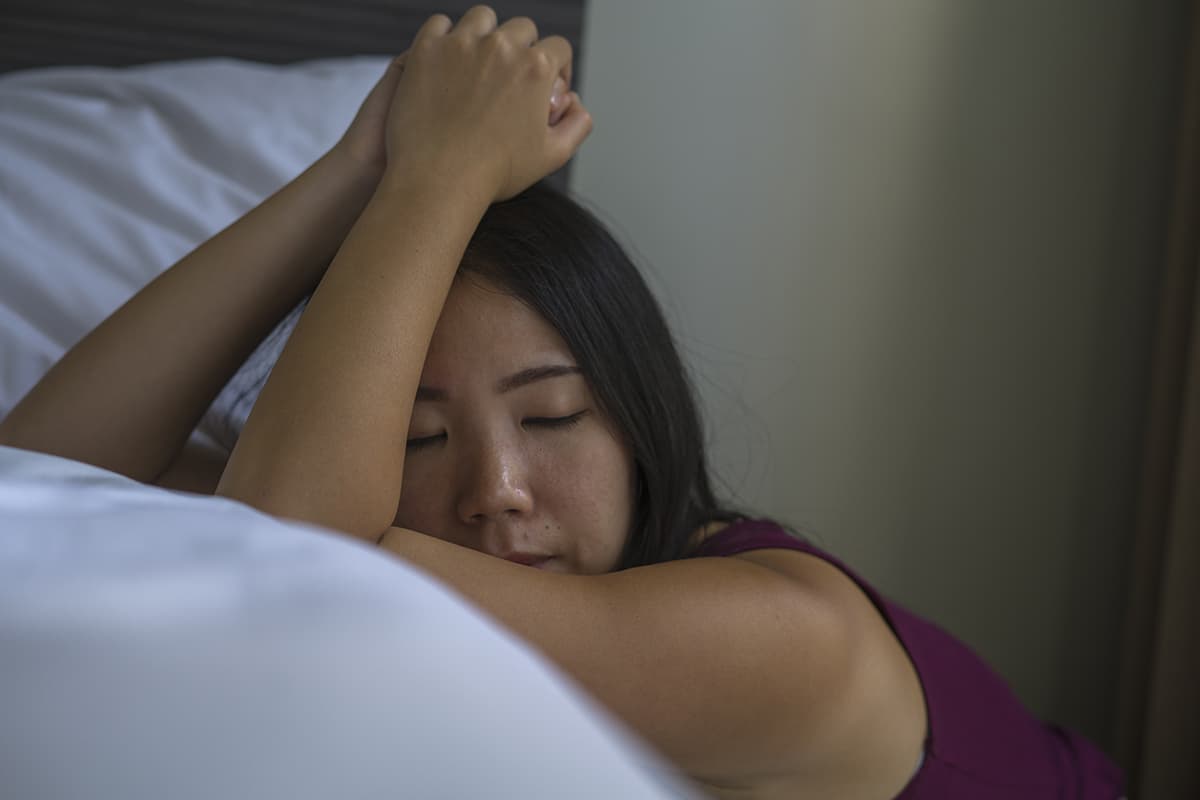

By: Lakeview Health
You made it through drug and alcohol rehab, which was hard enough, but now you have to stay sober. During this new chapter, it’s important to be on the lookout for signs of relapse. First, what exactly is a relapse?
Many people think that relapse occurs when a person uses drugs or drinks after a time of abstinence. But relapse is a mental process that creates the craving. It begins a lot sooner than when the person drinks or uses a drug again. The earlier you spot the warning signs of relapse, the better chance you have of preventing it.
Top 8 Warning Signs of Relapse
1. Lying
Do you make excuses for your behavior? Do you avoid telling the truth? Maybe you’re not honest about negative feelings and emotions. You know if you’re lying. At least be honest with yourself and work on it.
2. Depression
Everyone has ups and downs, but a prolonged period of sadness is serious. Signs of depression include a lack of:
- Interest
- Motivation
- Concentration
- Consistency in sleeping pattern
If you notice these signs, don’t wait for them to subside. Contact a mental health professional today.
3. Thinking negatively
Don’t put yourself down or ask questions like “why me?” Saying “I can’t do this” doesn’t help you recover, either. Believing you’re unlucky and convincing yourself that you’ll fail only makes you more likely to do so.
4. Overconfidence
Do you feel invincible? Do risks not feel risky? Recovering addicts think they can put themselves in situations where drugs or alcohol are present because they’re cured. But staying strong doesn’t mean that you can be around substances and not feel a craving. It means that you can separate yourself from these situations.
5. Irritation
People who are addicted think that kicking drugs or alcohol out of their life is a sacrifice. They believe that this gives them the right to be angry, frustrated, and demanding.
6. Tunnel vision
Are you focusing on only one area in your life, like work? Someone who is on the verge of relapse may ignore other significant parts of his or her life. He or she may not pay any attention to health, family, or friends.
7. Inconsistent routine
Is your daily routine not like it used to be? Maybe your eating and sleeping schedules are off track. Appointment times aren’t priorities. Much of your day is spent doing absolutely nothing. You may start to daydream, and this takes your attention away from treatment and recovery.
8. Allowing a slip
Don’t convince yourself that it’s OK to have a little of something. Just one sip or hit will turn into “just two” or “just three,” and so on. A common misconception is that relapse means that addiction treatment has failed. Because addiction is a chronic disease, relapse is likely to happen, and it can happen more than once. If you relapse, more treatment or a different treatment method is probably needed.
Relapse Prevention through Addiction Treatment
At Lakeview Health, we understand how difficult it can be to prevent relapse after treatment. This is why we provide an aftercare program for our clients to participate in before they leave our facility. Through our aftercare program, clients are able to create a relapse prevention plan and understand common relapse triggers. Contact Lakeview Health today at [Direct] to learn how our programs can make a difference in your recovery.





